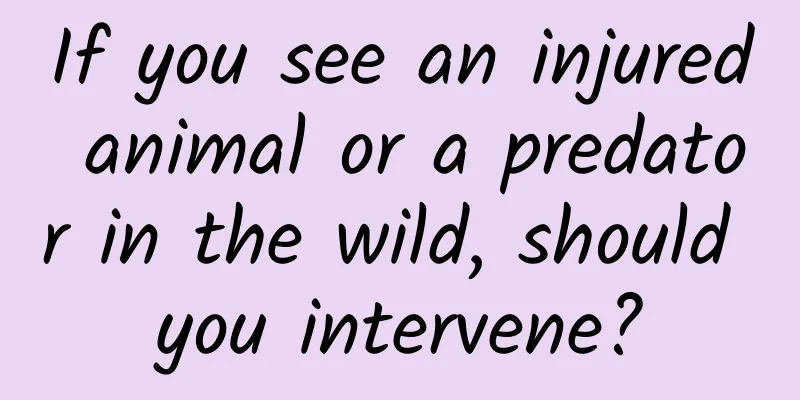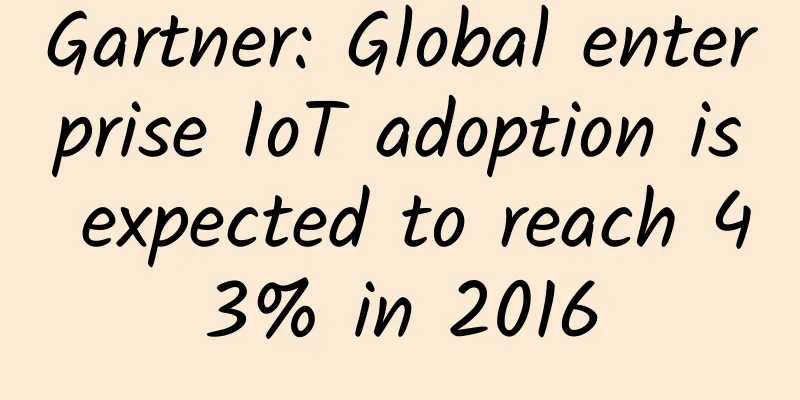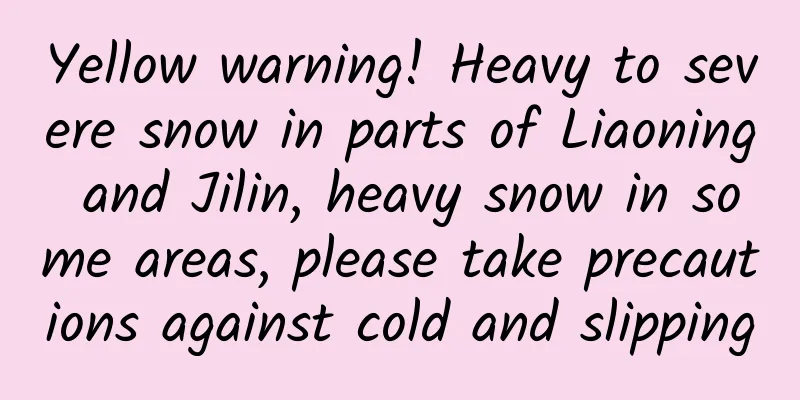If you see an injured animal or a predator in the wild, should you intervene?

|
Produced by: Science Popularization China Author: Zhao Xumao (Young Researcher, Lanzhou University) Producer: China Science Expo Imagine a scene like this: a red fox is tracking a pika. At the critical moment, if you shout loudly, the pika will be saved and the red fox will lose all its efforts. If you do nothing, the red fox can have a good meal, but the pika will die. If you see this kind of scene in the wild, will you take action or not? Personally, I think that when faced with the above scenario, it is better for us to just be a spectator, although this may discourage you from being brave enough to protect weak animals. The red fox is watching with eager eyes (Photo source: veer photo gallery) 1. The law of food chain exists in nature Animals have their own position and ecological niche in the food chain. From the perspective of conservation biology, interference from human activities will affect the activity rhythm of animals and their choice of suitable habitats, which will increase the animals' energy consumption and reduce their suitable habitats, thus affecting the survival of the species. When I was studying the impact of human activities on the Yunnan snub-nosed monkey in northwest Yunnan, I found that the Yunnan snub-nosed monkeys would avoid places where human grazing and gathering activities were frequent, even if the place was a suitable habitat. Human activities also increase the wandering time and vigilance time of Sichuan snub-nosed monkeys, which are all additional energy consumption. Yunnan golden monkey photo source: veer photo gallery Other studies have shown that as human activities intensify, some animals have to change their behavioral rhythms, such as increasing their activity time at night to avoid humans. Therefore, humans should minimize interference with animals. Logically speaking, if you save the pika, the red fox may go hungry, but it is very likely that the red fox's cubs are waiting for their mother's food. Although you saved the pika, you also indirectly hurt the red fox family. Humans cannot influence the survival of animals based on their own preferences. 2. What if the red fox (or Tibetan fox) hunts Tibetan antelope cubs? Some people may ask, what if rare animals are being eaten? Let’s assume that the scene at the beginning of the article is changed to “a red fox is about to prey on a Tibetan antelope cub.” Should we intervene at this time? Although the Tibetan antelope is a national first-class protected animal and the red fox is a national second-class protected animal, I still give the same answer as before: humans cannot interfere. From the perspective of trophic levels, there is a classic "one-tenth law" that states that in an ecosystem, during the conversion of biomass, the biomass of the next level is only equivalent to (or less than) one-tenth of that of the previous level. Specifically, in a region's food chain, the biomass of herbivores accounts for one-tenth of that of grass, while the biomass of carnivores accounts for one-tenth of that of herbivores. This means that carnivores are far more scarce than herbivores, and they control the population of herbivores through the food chain. Once the control of carnivores is lost, herbivores will reproduce wildly, threatening the balance of the entire ecosystem. Alert Tibetan antelope (Photo source: Veer Gallery) Human intervention also affects natural selection. Generally speaking, carnivores hunt the "old, weak, sick and disabled" in the group, so that herbivores can retain the "elite" to strengthen their physical fitness, reduce the spread of diseases, and thus protect the survival and reproduction of herbivores. From a long-term perspective, the red fox hunting Tibetan antelopes may seem cruel, but it is beneficial to the entire population. For example, when I was studying golden eagles in Xinjiang, I found that when there was a lack of food or food shortage, golden eagle chicks in the same nest would kill each other, and often only one could survive. If we humans intervene and feed all the golden eagle chicks, and save all the golden eagle chicks, what will happen next? The reproductive capacity of golden eagles has increased, but food is still scarce in this area. How to feed so many golden eagles? Nature has its own dynamic balance mechanism, and human activities cannot interfere with it. 3. If you encounter an injured animal, should you rescue it? However, we also need to distinguish one situation - wildlife rescue. If we encounter injured rare animals in the wild, we can safely rescue them. China's raptor rescue centers and wildlife rescue stations in various nature reserves play this role. Rescue of wild sloths (Photo source: veer Photo Library) If the injured animal is not an endangered or rare animal, should we rescue it? For example, if we encounter an injured mouse, should we rescue it? What we are discussing here is an ecological issue, not an issue of life equality. Personally, I think the reason we rescue rare animals is that they are endangered. If they are not protected and rescued, their populations may be affected. Common animals, such as rats and cockroaches, have very strong reproductive abilities. Even if humans go to kill them, they cannot do it, let alone rescue them! There is another situation. When human activities have already had a negative impact on the ecological balance, humans still need to intervene, such as biological control projects. Locust plague (Photo source: veer photo library) In many places, grasslands have been degraded due to overgrazing by humans, and locusts have over-breeding and become harmful. At this time, it is still desirable for humans to attract natural enemies of locusts for biological pest control. For example, it is difficult for starlings to build nests and reproduce on grasslands, and humans can help attract them by building nests. The main food of these birds is locusts, which can help humans reduce the harm of locusts and maintain ecological balance. Therefore, under the principle of following ecological laws, moderate intervention is feasible. Our common wish: harmonious coexistence between man and nature Compared to the question of whether or not to save animals encountered in the wild, humans have actually already had an impact on the survival of animals - destroying animal habitats, engaging in wildlife trade, poaching, etc. These have caused the extinction of animals that should not have died, affected the ecological balance, and the damage caused is far from comparable to accidental intervention events. A rhino with an injured horn (Photo source: Veer Gallery) Nowadays, many places have established nature reserves to protect animals, plants and their habitats. In fact, this is also a kind of "intervention", but it is a bit like "closing the fold after the sheep have been bolted", which is a compensation for the previous excessive intervention. Fortunately, with the strong promotion of the country, the concept that people and nature should coexist harmoniously has been deeply rooted in the hearts of the people. I also always believe that the best state of man and nature is: kites flying, fish leaping, and all kinds of creatures competing for freedom in the frosty sky! |
<<: Can the mind also catch a cold? And it’s quite serious!!!
>>: Lighthouse inheritance | Wu Mengchao: A doctor with a heart of compassion and a heart of bravery
Recommend
The first course of the iP Evolution Wealth Camp of Tanhuo Video Account
The first issue of Tanhuo’s video account iP Evol...
Xiaohongshu KOL content operation strategy from 1 to 100
Users' following, comments, unfollowing, etc....
Cook plans to retire? He told the media that he will try his best to train a successor
[[207470]] NetEase Technology News, October 25, a...
Microsoft shows off new pressure-sensitive touch technology that's better than Apple's
Apple introduced Force Touch technology for the f...
"Every additional CT scan increases the risk of cancer by 43%" has become a hot topic! Should CT scans still be performed?
"For every additional CT scan, the risk of c...
What are the specific preferential treatment standards in 2022? Attached is the latest list of pension standards for preferential treatment recipients!
In recent years, the standards for preferential t...
How much does it cost to develop a water drinking reminder mini program and a water drinking alarm mini program?
According to statistics, the amount of water a per...
Bluecore: The greatest value of artificial intelligence in the marketing industry in 2020 is personalization
What was most notable in 2019 was the maturation ...
What is the origin of this funniest product that jumped more than 1,200 places in the App Store ranking overnight? !
One day, I was eating quietly in the office when ...
Android SurfaceView plays video source code
SurfaceView Let's first introduce how most so...
SAIC-GM-Wuling personnel changes: Dai Weirui appointed as executive vice president
General Motors announced that Dai Weirui will rep...
A 10,000-word article sorting out the product strategy of TikTok social
On Douyin, you can watch short videos for enterta...
"How much is the salary for SEO in Lanzhou" How much is the salary in the SEO industry?
: : : : : : : : : : : : : : : How is the salary o...
Among the mythical beasts in the Classic of Mountains and Seas, which one has the highest martial arts power?
Mixed Knowledge Specially designed to cure confus...









